By Beata Bruggeman-Sekowska On November 11, 1918, Józef Piłsudski (Poland’s Chief of State) took over the authority over the Polish army from the Regency Council (in Polish: Rada Regencyjna or Rada Regencyjna Królestwa Polskiego. It was a semi-independent and temporarily appointed highest authority, head of state, in partitioned Poland during World War I). He […]
Mr Jacek Jaśkowiak, mayor of Poznań prepared an exclusive statement for EIOCO on the 65th anniversary of Poznań uprising. By Beata Bruggeman-Sekowska Statement of the Mayor of Poznań Mr Jacek Jaśkowiak On June 28, 1956, the road to freedom began in Poznań. Workers from Poznań factories took to the streets […]
By Beata Bruggeman-Sekowska 65 years ago on the 28 June of 1956, at 6 a.m. Poznań ( city in the western part of Poland) riots started at the multifactory complex of Joseph’s Stalin’s (or ‘Cegielski’s) Metal Industries. Approximately 100,000 people gathered in the city centre near the local Ministry of Public Security building demanding better […]
On March 18 Beata Bruggeman-Sekowska, president of EIOCO, was interviewed by Polish news broadcasting internationally. She elaborated on the vision, purpose and the activities of our Institute. She explained that the knowledge about communism is often not correct in western Europe and that various stereotypes are perpetuated which shed the wrong light on this issue. […]
By Agata Szostkowska The tallest building in Poland, the eighth tallest building in the European Union and in a Top-20 in Europe. There has been no more foreground building constructed in Poland after 1945 than the Palace of Culture and Science – or to give it its full title: “the Palace of Culture and Science […]
Patrick van Schie Eighty years ago, at the end of 1940, Darkness at noon was published, translated from German. The writer, Arthur Koestler, was an old communist who had lost his illusions due to the Great Terror (1936-1938) in the Soviet Union. He wrote this off between 1938 and 1940, in a novel in […]
Beata Bruggeman-Sekowska Interview with Claudia Heinermann, a prize-winning author of Wolfskinder and an author of a new Trilogy: ‘Siberian Exiles’. Beata Bruggeman-Sekowska: You are the author of the prize-winning book Wolfskinder A Post-War Story. And since 2016 you have been working on a very special project devoted to the oppression of communism, abuse of […]

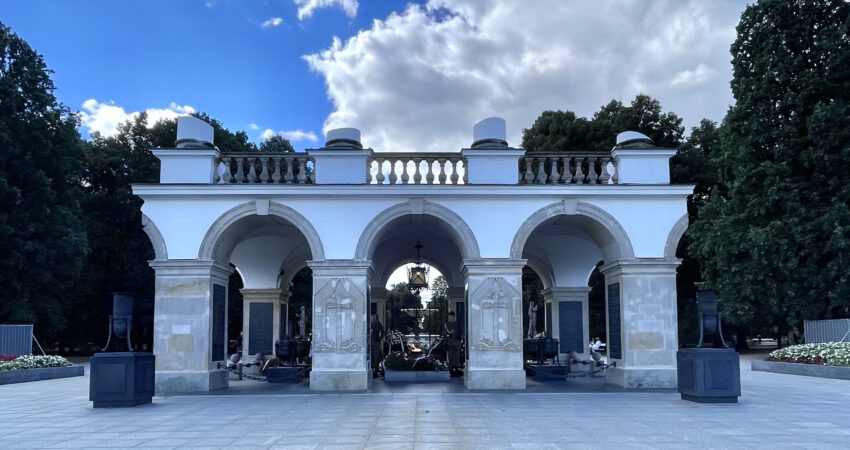
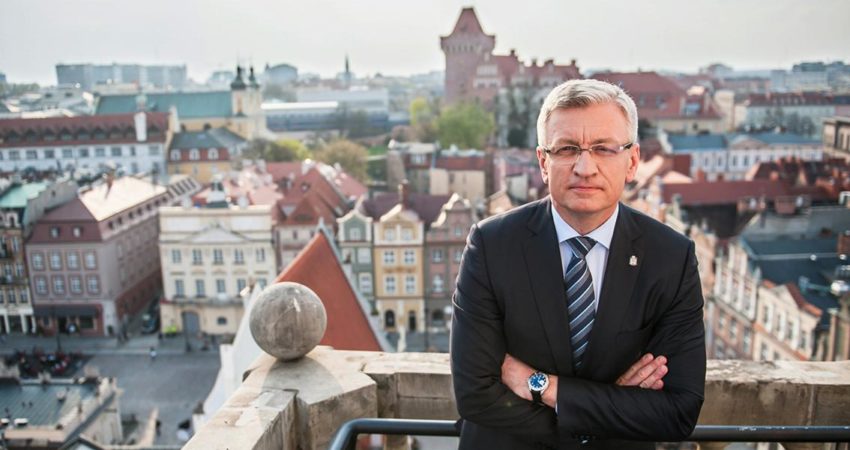
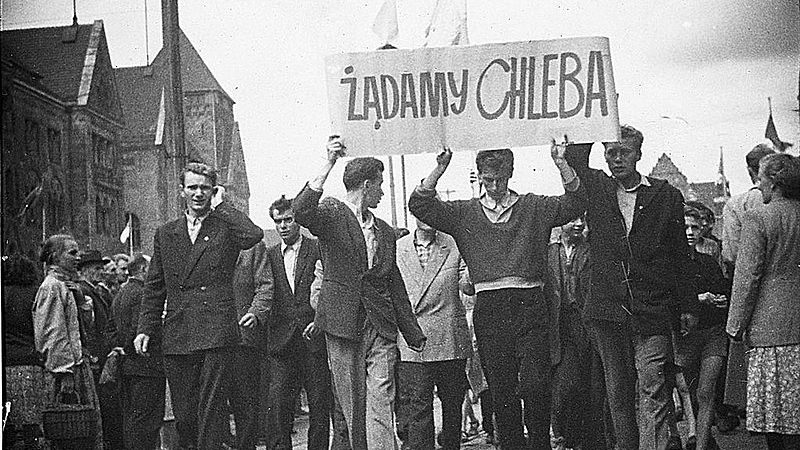
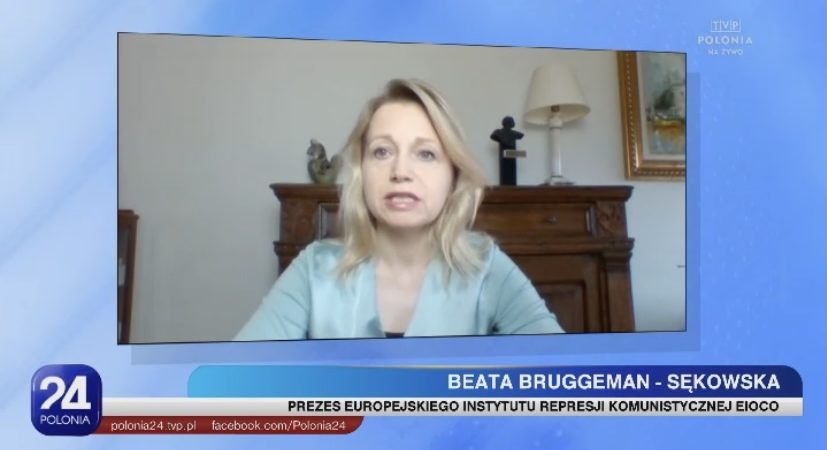
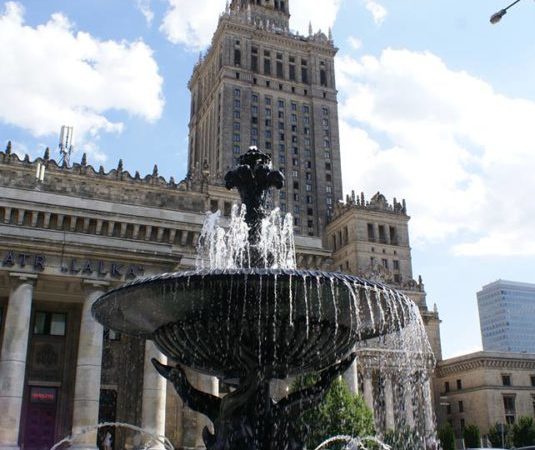
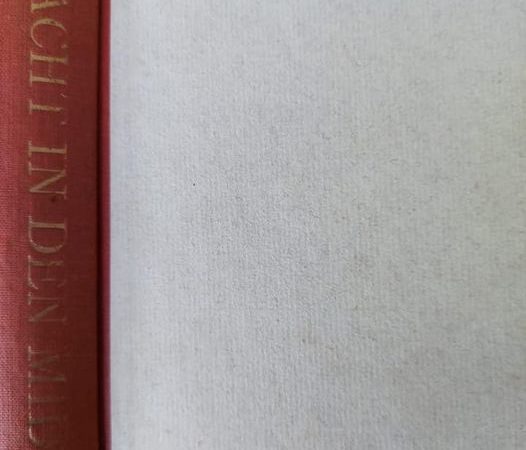
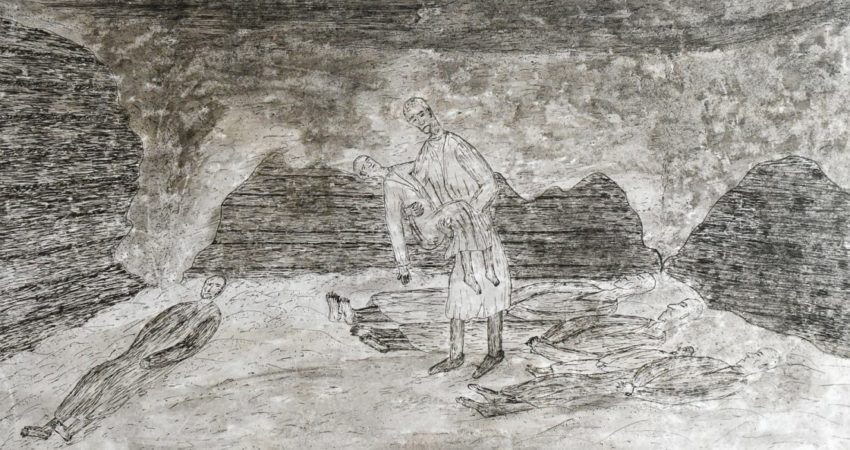
Follow Us!